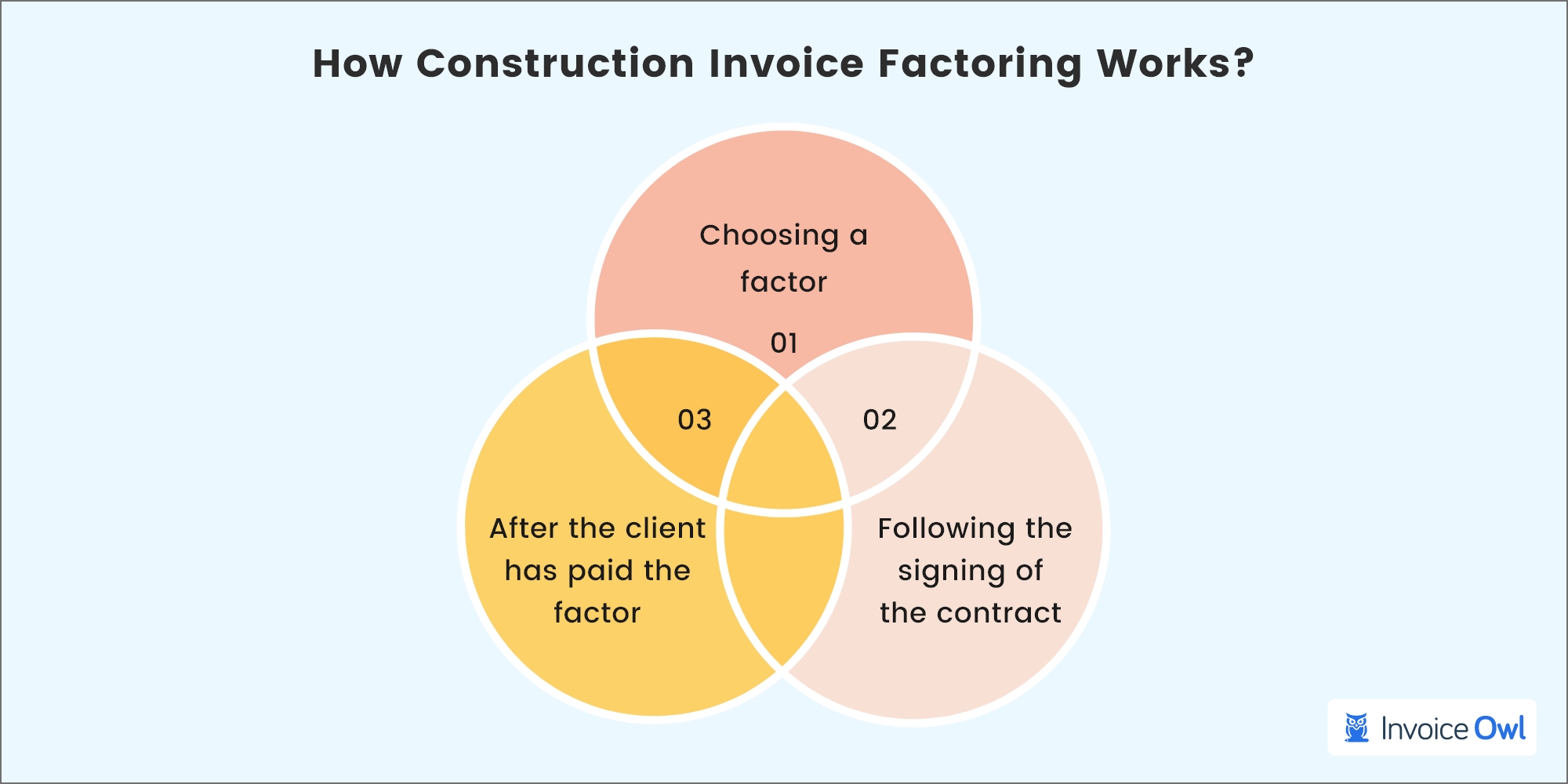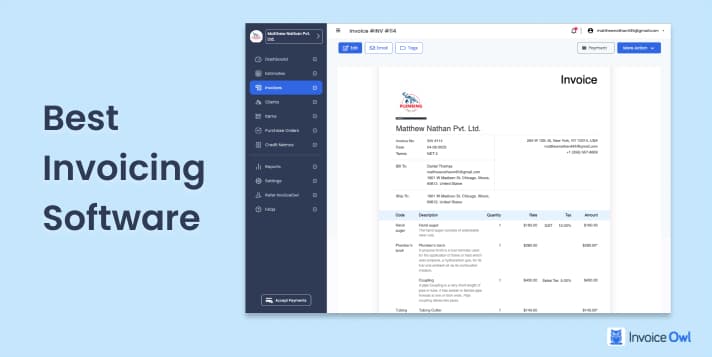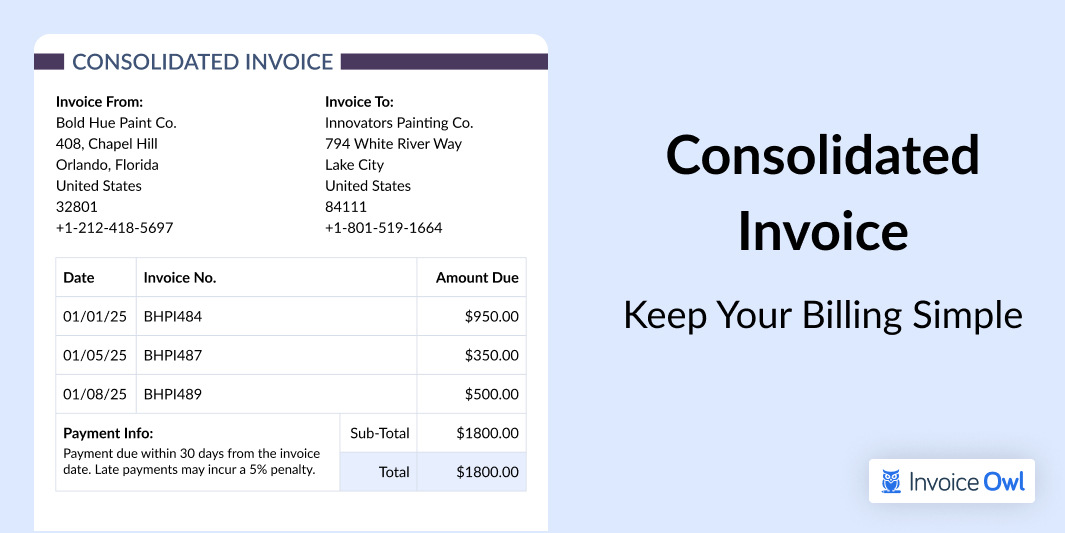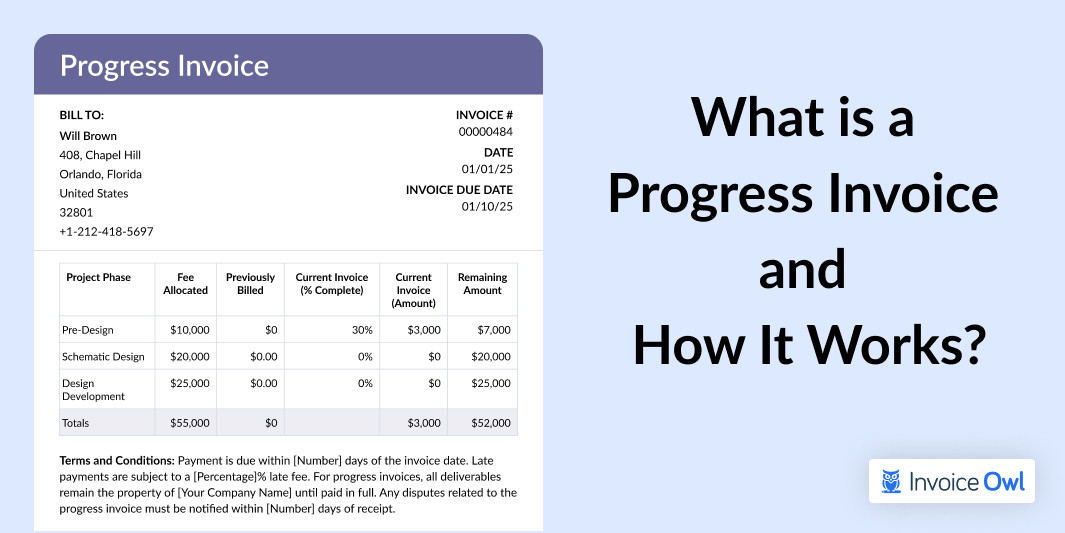![Construction Invoice Factoring [All-in-One Guide]](/images/2022/06/construction-invoice-factoring.jpg)
We are all aware that cash flow is a major issue in the construction industry. It is challenging to sustain, let alone expand, a business when payments are made slowly.
Key Takeaways
- 01Construction invoice factoring is a solution to streamline cash flow for construction
- 02It makes starting to work on large projects easy for contractors without investing in the initial capital out of their pockets
- 03Factoring provides immediate cash advance access without collateral or credit score checks
- 04There are two main types: spot factoring (one-time) and contract factoring (ongoing)
- 05Understanding the pros and cons helps you decide if factoring is right for your business
To address this issue, a variety of legal solutions are available, including mechanics lien laws, prompt payment laws, and retainage laws, to list a few. There are also some business-oriented solutions, and one such viable solution is construction invoice factoring.
For those who are experiencing cash flow challenges, factoring can not only keep your business alive but also help it thrive. It frees up finances for labor, supplies, equipment, and even maintenance, allowing you to take on more tasks and expand your business.
Factoring can be a daunting subject, but it is actually quite simple to understand. Let's explore the major components of factoring one by one!
Table of Content
What Is Construction Invoice Factoring?
Invoice factoring is a process where your outstanding receivables are granted a cash advance. It isn't like a loan issued from a traditional finance institution.
Your construction business company will have access to funding for outstanding invoices after your request for invoice factoring is granted, usually within a few business days.
Construction companies can mitigate cash flow problems through invoice factoring, allowing them to begin the next phase of their construction projects or start a new project entirely.
Factoring ensures that construction companies are paid sooner rather than waiting for clients to settle their invoices after the project's next phase or project completion.
In essence, there are two methods of factoring construction invoices: spot factoring and contract factoring.
1. Spot factoring
A "one-time" occurrence is referred to as spot factoring. A construction company uses spot factoring to factor a single invoice in order to float the money they require immediately.
Spot factoring can seem logical in situations when the contracting company does not have regular cash flow problems, but a specific event or bad job creates a financial setback.
Spot factoring construction billing methods are considerably more expensive than contract factoring, and it is primarily intended to help a company get out of a problem.
2. Contract factoring
Contract factoring provides funding in exchange for every progress payment. It is similar to spot factoring but works on a broader scale.

In general, the construction factoring company's rate will decrease as the number of invoices involved increases. When contract factoring is employed for the complete project duration, factoring construction invoices can guarantee consistent cash flow for the entire timeframe of the job.
Whenever a factoring construction invoice sample is sent for a progress payment, the construction company can receive the majority of the cash as soon as possible. Learn take off meaning in construction to increase chances of clients.
Consider contract factoring over spot factoring for long-term projects. The rates are typically lower, and you'll maintain consistent cash flow throughout the entire project duration.
Who Needs to Use Construction Invoice Factoring?
Construction invoice factoring is beneficial and suitable for general contractors and construction companies of all kinds.
Whether your specialization is HVAC, plumbing, landscaping, paving, roofing, site clean-up, or utilities, any contracting company that produces invoices with cash payment terms between 15 and 90 days can be qualified for invoice factoring.
Factoring is also suitable for businesses that may not qualify for other forms of funding loans or that require money faster than a bank loan can provide.
If your company is faced with urgent needs to pay bills and has a lot of high-volume invoices coming in, then factoring is a logical solution for you. Besides, you must also know construction estimator roles and responsibilities for a better understanding.
Advantages and Limitations of Construction Invoice Factoring
Although construction invoice factoring is a viable option for many companies and general contractors, it also has certain drawbacks. But first, let's go through some of the pros of construction invoice factoring.
Advantages of invoice factoring
Construction factoring offers the following advantages:
Disadvantages of invoice factoring
Here's are the drawback of construction factoring:
- The service is expensive and might cut into the construction company's profit margin.
- Finding a construction factoring company ready to take on the associated risk of the construction projects might be challenging.
- Construction factoring is only accessible for a completed construction project, not for up-front charges.
- Most construction factoring companies only want to accept invoices from reliable and reputable clients. The construction factoring company might be unwilling to take on the risk if clients have a history of paying late or miss payments entirely.
Factoring companies may refuse to work with you if your clients have a poor payment history. They assess your clients' creditworthiness, not yours, before purchasing your invoices.
Now that you know the pros and cons of construction invoice factoring, let's understand how invoice factoring essentially works.
How Construction Invoice Factoring Works?
Businesses in the construction industry or contractors will assign unpaid invoices to factoring firms in order to factor it. In exchange, the factoring company will immediately advance payments to the construction companies, typically within 1 to 3 days.

Take into account the following timeline and learn how invoice factoring works for the construction industry:
1. Choosing a factor
You must ensure that you are eligible for factoring by identifying outstanding invoices that are 30 to 120 days old.
Research factoring companies to learn about their prices, experience level, and any additional costs they might charge you.
After deciding on a factoring company, fill out their application and sign the factoring agreement. Pay close attention to the costs, payment plan, and amount of the cash advance. Additionally, review and sign the construction agreement, outlining the terms and conditions of the construction project.
2. Following the signing of the contract
You will be granted an advance rate after signing the factoring agreement (usually 70–90% of the invoice amount).
The factoring company will inform your customers of the factoring agreement, as well as details on how to settle the invoices directly to the factor.
3. After the client has paid the factor
The factoring company will contact you regarding any outstanding invoices after the customer has settled the invoice in full.
Additionally, the factoring company will let you know about any "reverse amount," which are fees you will pay for the service they deliver.
Should You Consider Construction Invoice Factoring?
Construction payments are made gradually. By factoring invoices, construction companies can receive payment for the majority of their invoices 20, 30, or perhaps even 40 days sooner than they would normally.
Furthermore, as long as a subcontractor's factoring company is paid back in full, the subcontractor will only lose a small portion of the invoice after taking every factor into consideration.
Let's take a look at some of the key reasons why construction factoring is beneficial to some construction companies.
1. You have cash flow problems
Because payment is not often received shortly after work is completed, cash flow in the construction businesses can be volatile. Sometimes it takes months for you to get it. This might make it difficult to meet recurring expenses such as salary, rent, utilities, etc.
Factoring invoices may offer you with cash upfront to cover those expenditures until you are reimbursed for your services.
2. You have limited or no credit
Construction invoice factoring, unlike other credit facilities such as loans from financial institutions or credit cards, does not require a perfect credit score to qualify.
Construction invoice factoring companies aren't concerned with your credit history because you aren't the one paying them. They do, however, worry about your clients' credit scores because that is who will ultimately pay them.
An invoice factoring company will evaluate the credit history of your clients to decide whether they wish to acquire the invoices before opting to purchase them.
3. You don't have collateral to offer
In order for a construction company to receive a loan, banks typically require collateral. However, in this case, there is no requirement for collateral because the construction invoice factoring company would purchase your unpaid invoices.
4. You want to bid on more jobs or larger jobs
It is likely a goal for most construction business owners to expand their construction business.
However, with inconsistent cash flow, it can be tough to bid on larger jobs or take on more jobs. Without more projects, growth will be impeded, potentially leading to a never-ending cycle.
Construction invoice factoring may appear to be a solution for a company or subcontractor to break free from the cycle.
Taking on more jobs or larger jobs with sufficient cash is a solution that will enable companies to expand their business and become more competitive in the construction industry.
5. You have a pending lawsuit threat
Every contractor is aware that the threat of a lawsuit is very real and looms in the construction industry.
Even if all safety measures are taken, and you strive to conduct business with integrity and honesty, there is still the possibility that someone will be harmed or sue you for some reason.
Therefore, having the flexibility of invoice factoring can free up money in the event of a lawsuit being launched against you.
6. You need cash to buy equipment
When construction businesses require new equipment, whether to expand their small business or to replace broken or damaged equipment, they must pay for it.
If the company lacks the cash reserves to purchase new equipment, factoring in one invoice or two may provide enough room to negotiate to get it done. As a result, the business will not have to mortgage or sell its assets.
Now that you are aware under what circumstances invoice factoring is helpful, here's an important question we need to address: Is it worth it at all?
Is Construction Invoice Factoring Worth It?
Factoring construction invoices can be a big help for a construction business in a crisis. It could even be a long-term solution for many businesses in the construction field to maintain cash flow while expanding their operations.
However, construction factoring is not as simple as one might think, and it is not suitable for every construction company. For one thing, the factoring company must make income as well. It is not a nonprofit organization.
This is not to suggest that factoring firms are avaricious. The truth is that there is a lot of risk in construction payments, and factoring companies have a business to run as well.
However, when the factoring company needs to take their cut, it can take a large portion of the job's profitability. To begin with, everyone is aware that construction field profits can be low.
Furthermore, factoring companies are often hesitant to enter the construction industry in the first place. There is an entire market of businesses from other industries prepared to factor their receivables, which have much more consistent cash flows and payment schedules than construction.
So, even if a construction company decides to factor in their invoices, finding a factoring company ready to cooperate with them can be difficult and challenging.
Ready to Streamline Your Cash Flow?
Join 100,000+ contractors using InvoiceOwl to create professional invoices and get paid faster.
Start Your FREE TrialFrequently Asked Questions
Construction factoring is a form of a financial advance on payments you are awaiting. Although construction factoring is not the same as a loan from a financial institution, it may necessitate a credit check. Construction invoice factoring offers you with steady cash flow so that your job is not halted. It allows you to progress to the next step of the work or start a new project.
Factoring requires a company providing services to agree to factor their invoices with a factoring company. Generally, a factoring company will agree to pay the contractor 70–80% of the total invoice amount before payment would otherwise have been collected. The invoice is then the responsibility of the factoring firm to collect. Once the factoring firm receives payment for the contractor's services, the factoring firm will pay the contractor the balance of 20–30% after deducting the factoring company's fee.
Factoring can only be done on previously completed work, is rather expensive in comparison to alternatives, and can harm your reputation with your customers.
InvoiceOwl Can Help You Create Invoices Efficiently!
We hope this blog was helpful enough for you to understand the core concept of construction invoice factoring and how it can help you with your cash flow challenges.
However, to send multiple invoices for factoring to mitigate cash flow issues, you also need to create them fast with correct information.
If you decide to create your invoices with manual processes, then let us tell you that it is a time-consuming process, and you also might end up making errors.
Therefore, to efficiently create branded and error-free invoices fast and efficiently, you need to switch to digital processes from manual processes.
This is where InvoiceOwl comes in!
It is one of the best invoicing app for contractors.
With InvoiceOwl, you can create multiple invoices fast with automation. You can customize them and track them and also store all client details in one place.
Get start 14-day FREE trial period And experience the remarkable services we offer!



